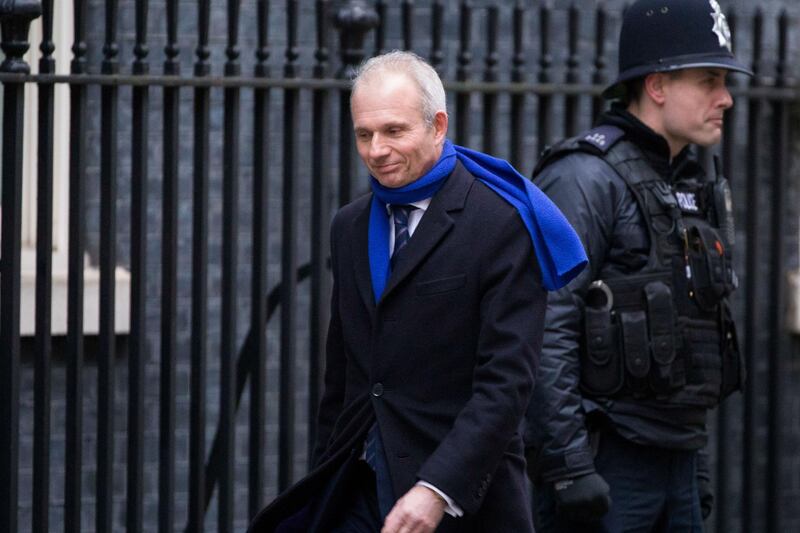Britain could take part in a new model of European cooperation after Brexit, although it is unlikely to rejoin the EU in its current form, a senior minister said Friday.
Cabinet Office minister David Lidington, who chairs several Brexit ministerial committees, said the suggestion by some EU leaders that Britain might change its mind about leaving the bloc was a "red herring".
"Having taken a decision by a referendum, I don't see that changing," he told The Daily Telegraph newspaper in an interview.
However, he added: "We may be looking in a generation's time at an EU that is configured differently from what it is today.
"And the exact nature of the relationship between the United Kingdom and that future system - whatever it turns out to be - of European cooperation is something that future parliaments, future generations will have to consider."
_______________
Read more:
[ UK and French leaders agree security deal, disagree on Brexit ]
[ British lawmakers approve landmark Brexit bill ]
[ Shape of post-Brexit Britain to become clearer in 2018 ]
_______________
Mr Lidington was appointed earlier this month to his post, which involves standing in for Prime Minister Theresa May in parliament and deputy chairing cabinet meetings.
He opposed Brexit in the 2016 EU referendum, but said most Britons did not want to be part of the EU as it stands - and were unlikely to change their minds as the bloc moves towards greater economic and political integration.
But he added: "There's going to be a need for a system of cooperation within the continent of Europe including the UK, that covers both economic and political cooperation."
He noted that Britain will remain part of the NATO military alliance, the Organisation for Security and Co-operation in Europe, and the Council of Europe human rights watchdog.
"I can't predict sitting here today what that network of organisations and alliances including the EU, how that will change or is going to look in 10 years or 20 years time," he said.
EU President Donald Tusk said this week that the bloc's "hearts are open" to Britain changing its mind.
European Commission chief Jean-Claude Juncker followed up by offering to back any British attempt to rejoin, even after it leaves.
Britain began the two-year Brexit process last year, putting it on course to end its four-decade membership of the EU on March 29, 2019.






